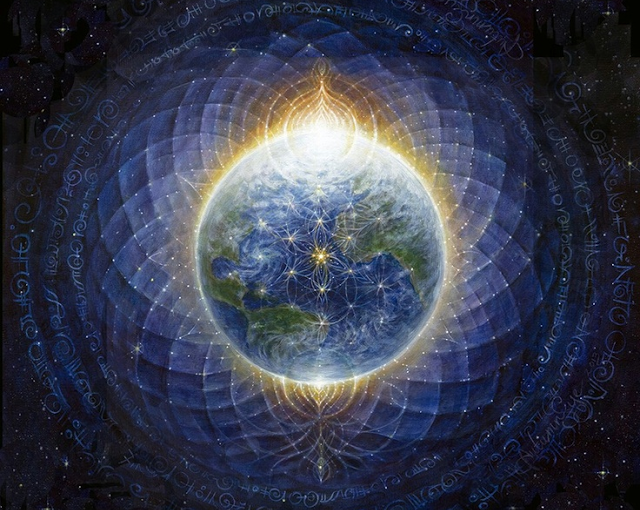| Online: | |
| Visits: | |
| Stories: |
Empathy – The Power of Connection
Steve Taylor Ph.D
Waking Times
In recent years, the process of ‘restorative justice’ has been used more and more frequently as a way of dealing with crime. As a part of the process, offenders are brought face to face with the victims of their crimes, to hear how they have suffered as a result. The aim of this encounter is to bring healing, for both victim and offender. The victim transcends their rage with some understanding and forgiveness towards the offender, and the offender empathises with the victim, becoming aware of the real meaning of their crimes.
This process changes lives. Victims feel free of the weight of hatred and are able to move on; offenders have a wider sense of perspective, and are less likely to re-offend. Sometimes offenders don’t meet their specific victims, but just the victims of similar crimes. But this still leads to a new awareness, and new patterns of behaviour.
This highlights the amazing power of empathy.
To a large extent, all crime and all cruelty are the result of a lack of empathy. It’s a lack of empathy which makes someone capable of attacking or oppressing other people. A lack of empathy for another tribe or country makes warfare and conflict possible. A lack of empathy towards other ethnic groups, social classes or castes makes oppression and inequality possible.
What is Empathy?
Empathy is the ability to ‘feel with’ another person, to identity with them and sense what they’re experiencing. It’s sometimes seen as the ability to ‘read’ other people’s emotions, or the ability to imagine what they’re feeling, by ‘putting yourself in their shoes.’ In other words, empathy is seen as a cognitive ability, along the same lines as the ability to imagine future scenarios or to solve problems based on previous experience. But in my view, empathy is more than this. It’s the ability to make a psychic and emotional connection with another person, to actually enter into their mind-space. When we experience real empathy or compassion, our identity actually merges with another person’s. The separateness between you and the other person fades away. Your ‘self-boundary’ melts away, so that in a sense – or to an extent – you become them.
Read more »
Every Day is Earth Day
Source: http://www.riseearth.com/2015/03/empathy-power-of-connection.html





